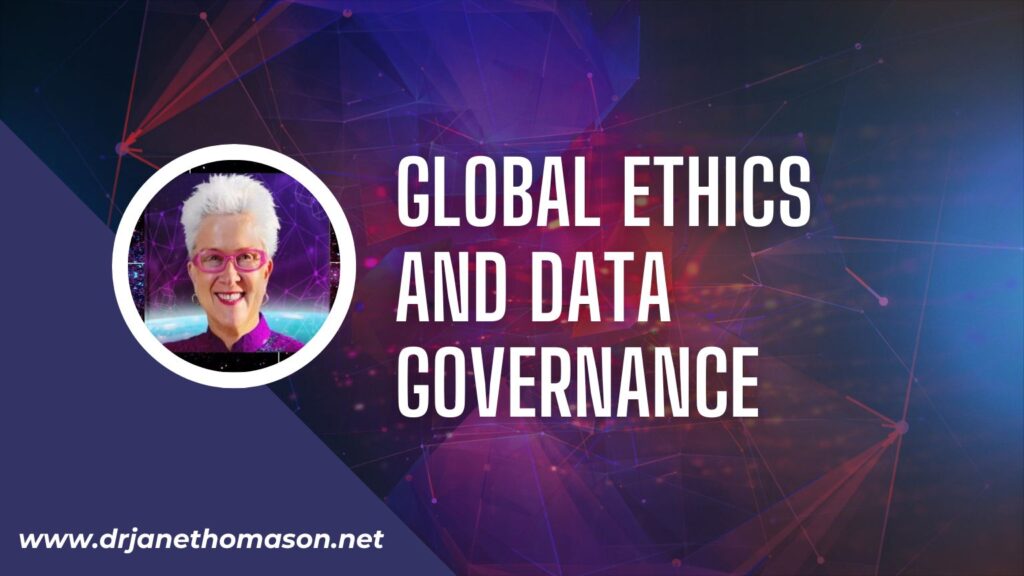Swipe left, swipe right – as we pay for services with our attention – companies gather and sell our information without consent. We are ignorant about where our data is, what happens to it, what rights we have in regard to our data, and how we can have our data removed or not onsold or shared. Gartner for example named digital ethics as one of its top ten strategic technology trends in 2019. “Shifting from privacy to ethics moves the conversation beyond ‘are we compliant’ toward ‘are we doing the right thing.”
New technology provides new ways to abuse power and we can’t rely on the corporations to do the right thing. Reid Blackman observes: “We can count on self interest, reasonable justified self interest, which is to say, we don’t want the reputational harms to our brand when we are in the news or go viral for all the wrong reasons, being investigated by regulators and so on. There’s loads of cases of companies being sued, investigated by regulators and suffered reputational harms, from the improper stewardship of data or the creation of privacy violating biassed unexplainable machine learning algorithms”.
Corporate self interest is not enough! Can we think about a future where we have an ethical approach to global data governance?
To be global, we would need to get some kind of convergence of thinking amongst the organisations around the world who are working on digital ethics, and secondly, we would need engagement of governments through an advocacy and education campaign. It will be an undertaking that brings all of the different parts of the ecosystem together it will need to be a massive global collaboration.
